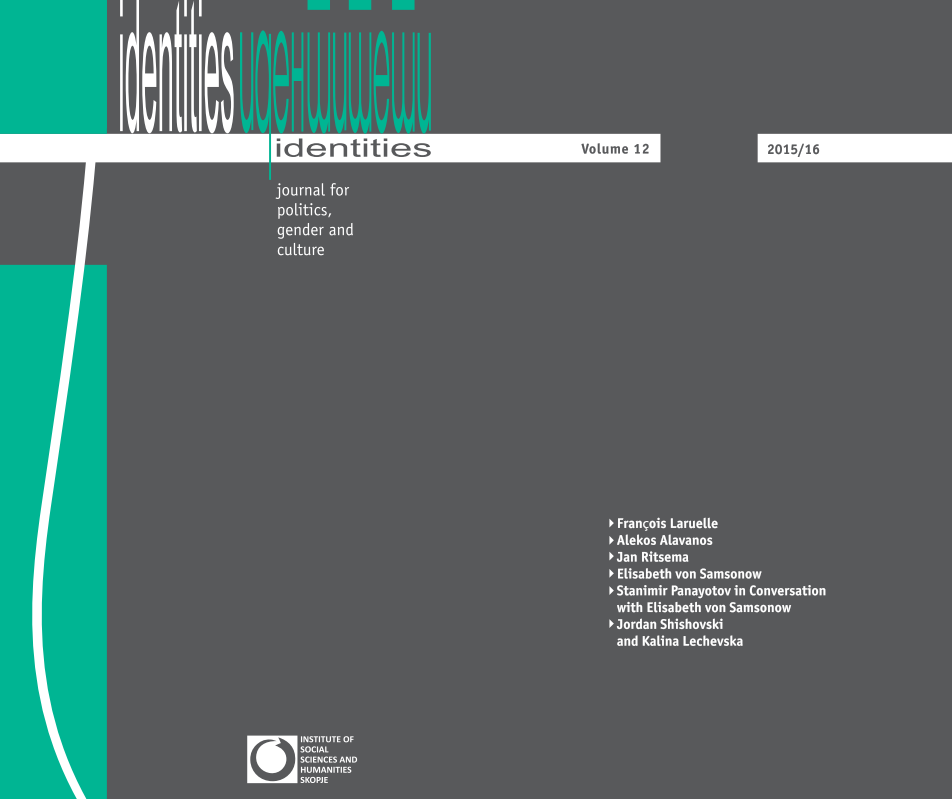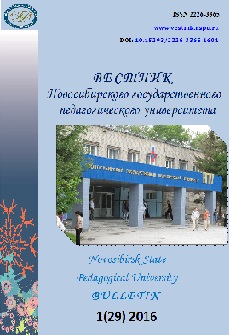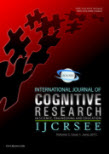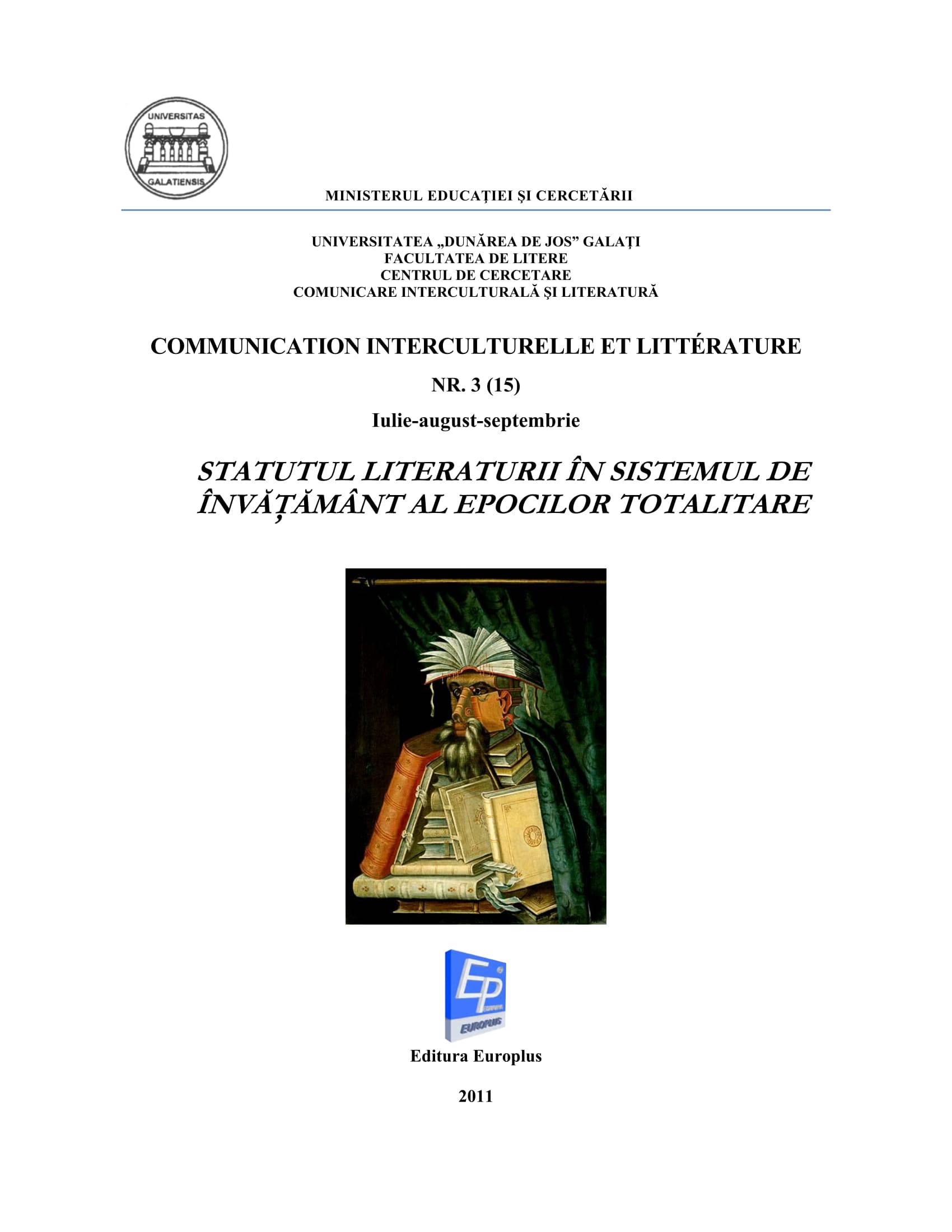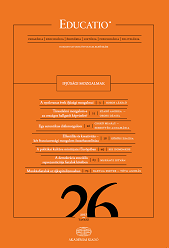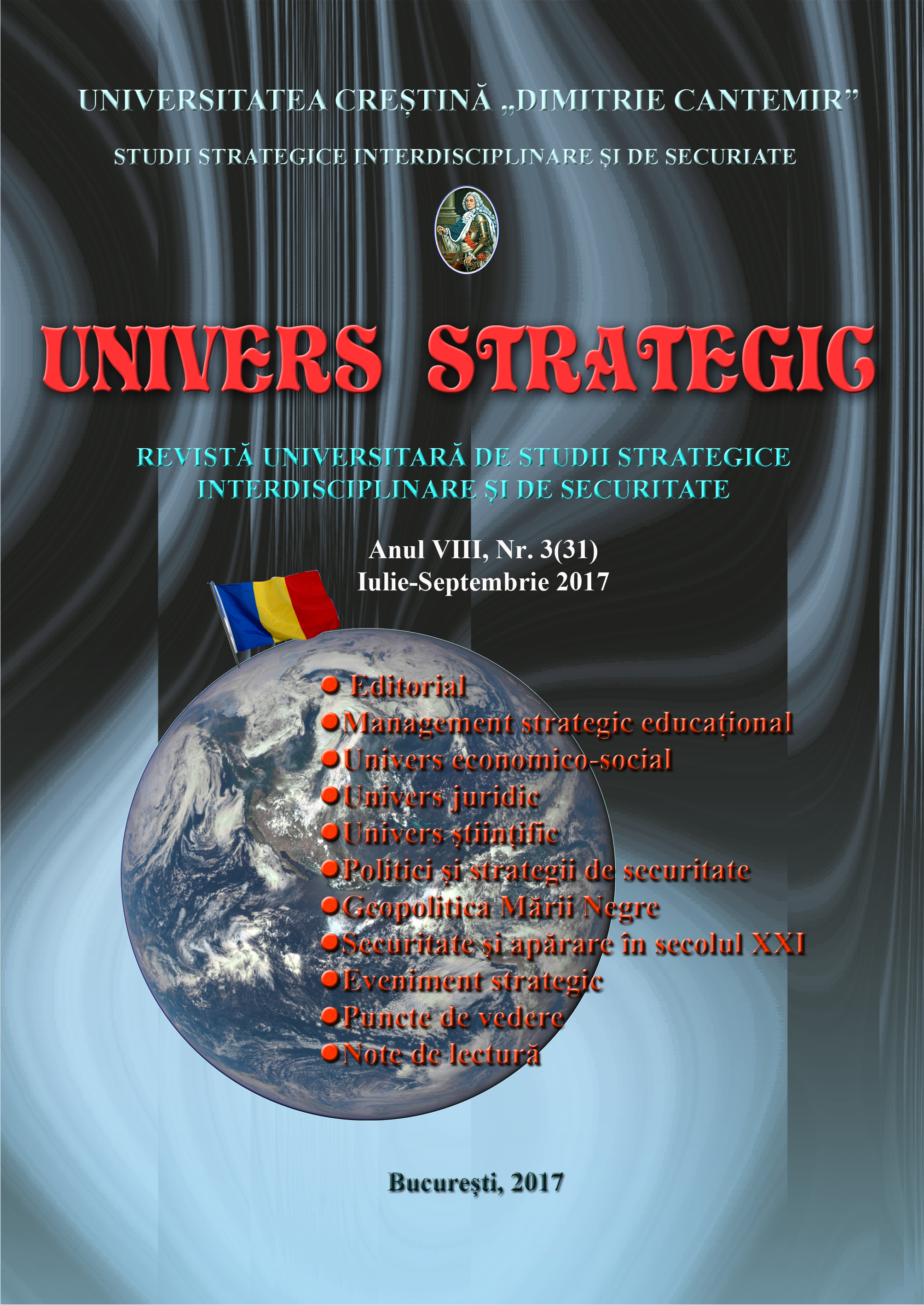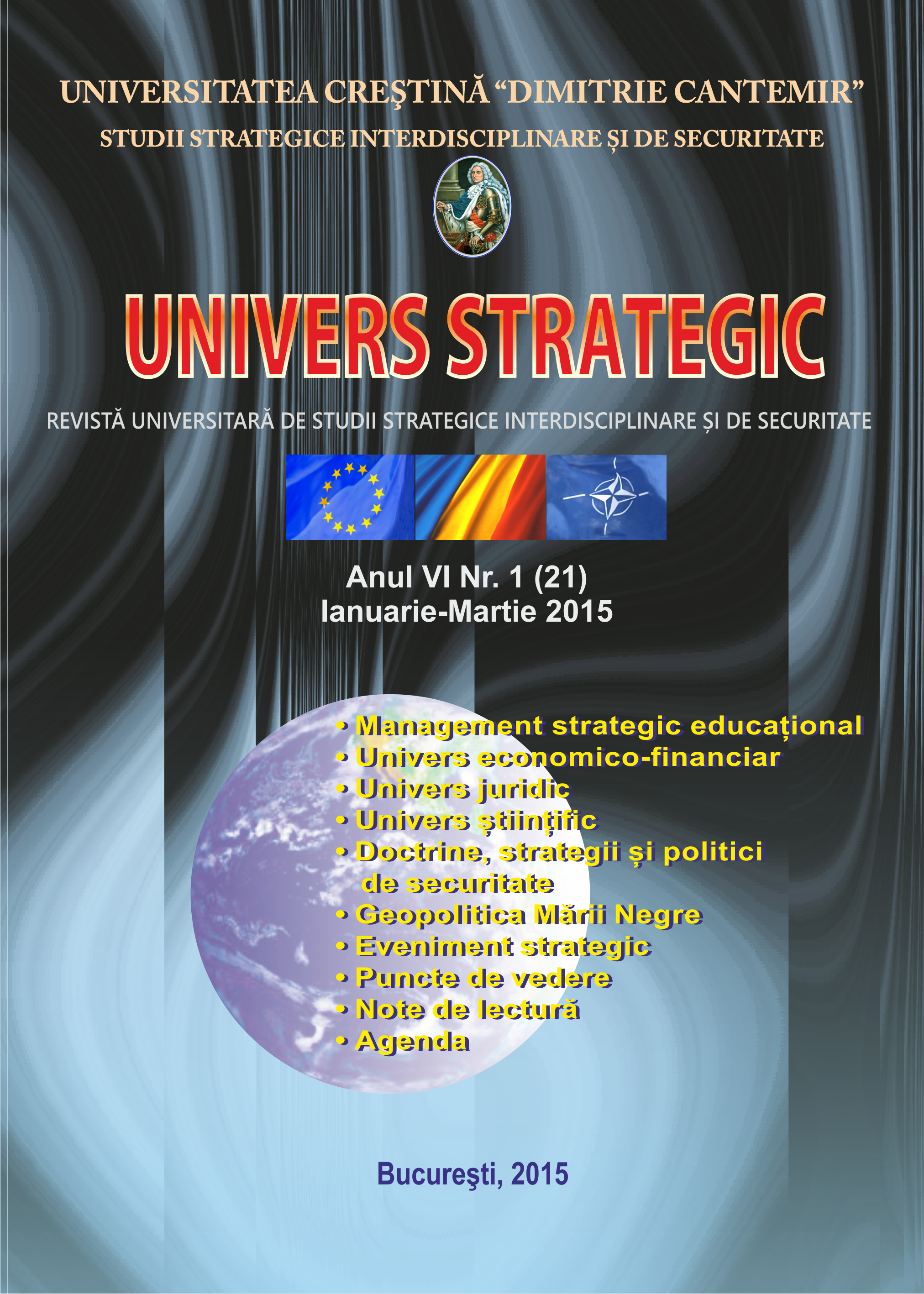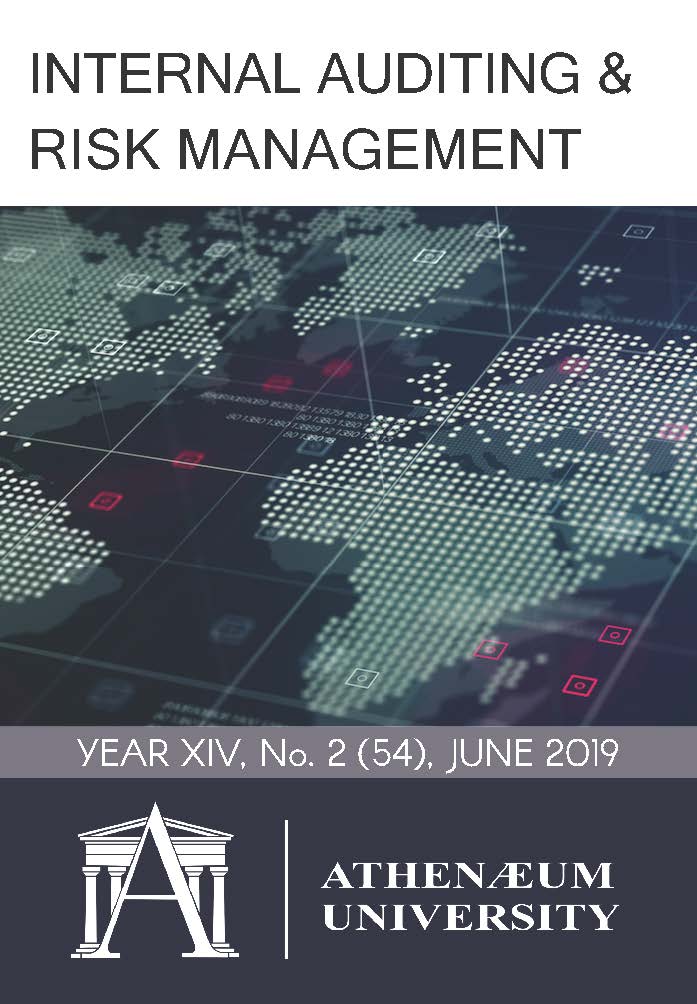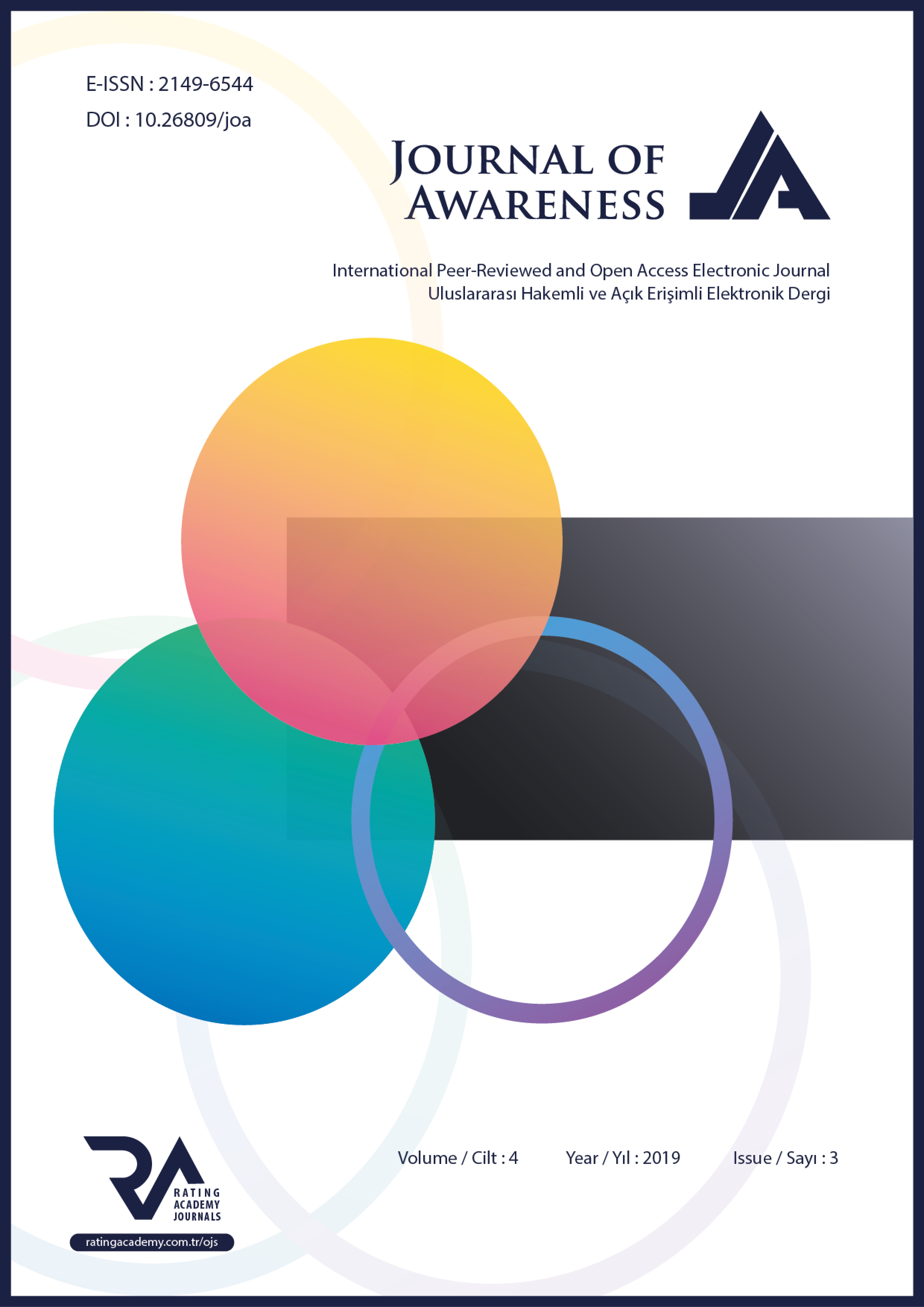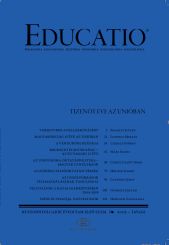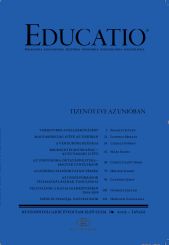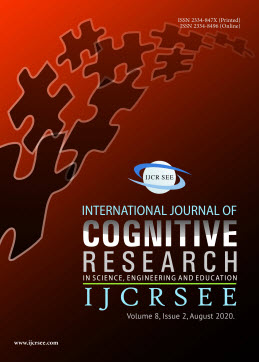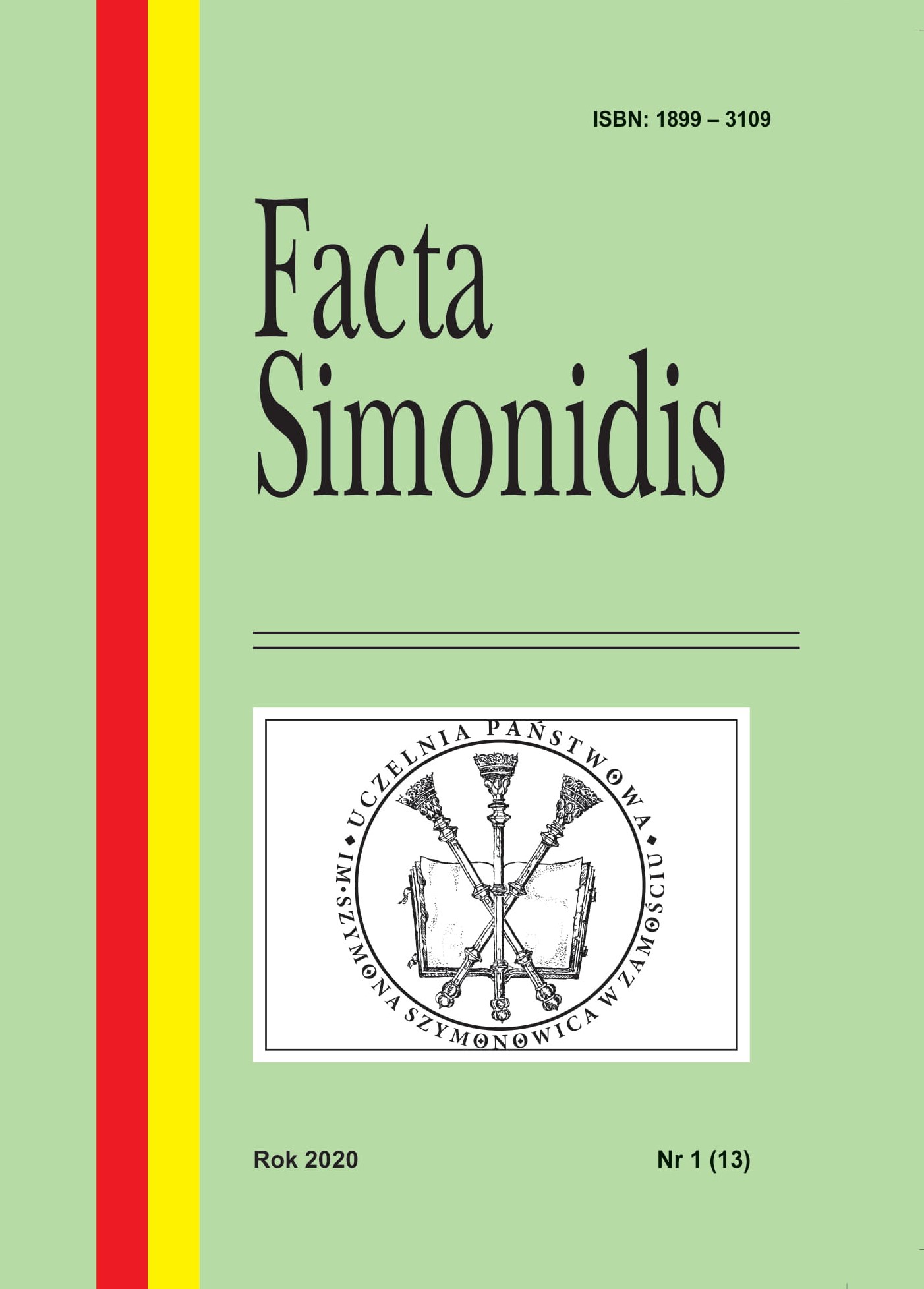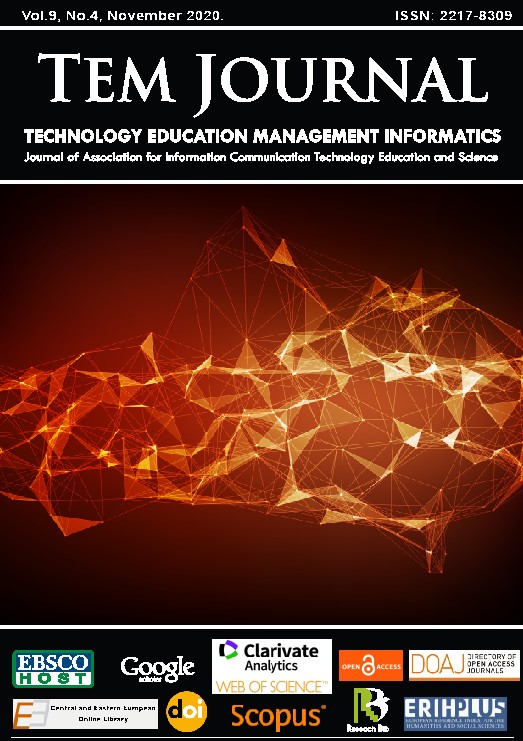Opportunities for Improving the Legal and Institutional Framework Aimed at the Inclusion of Children with Disabilities in Romania
This paper is focusing on the current legal and institutional settings promoting the social and educational inclusion of children living with disabilities in Romania. The research is based on the analysis of relevant statistical and legal documents, in addition to the outcome of a focus group interview conducted by the author with representatives of institutions providing educational and social services aimed at various categories of disabled children. The study tackles issues which are important for the success of inclusive social policies aimed at children and young people living with disabilities. The research is discussing the following dimensions: support infrastructure and legal framework for children and young people with disabilities the system of social services,; accessibility and efficiency of services; human resources and issues related to professional development, curriculum of individualized child development programs, career orientation. The underlying hypothesis is that in order to be successful, the educational and social service system should provide personalized services and individualized development and career paths driven by the particular needs and conditions of each child. The paper concludes that in order to alleviate or eliminate possible disadvantaging effects, social actions and policies undertaken by the family, school, civil society and community should be linked as parts of a coherent action strategy.
More...
